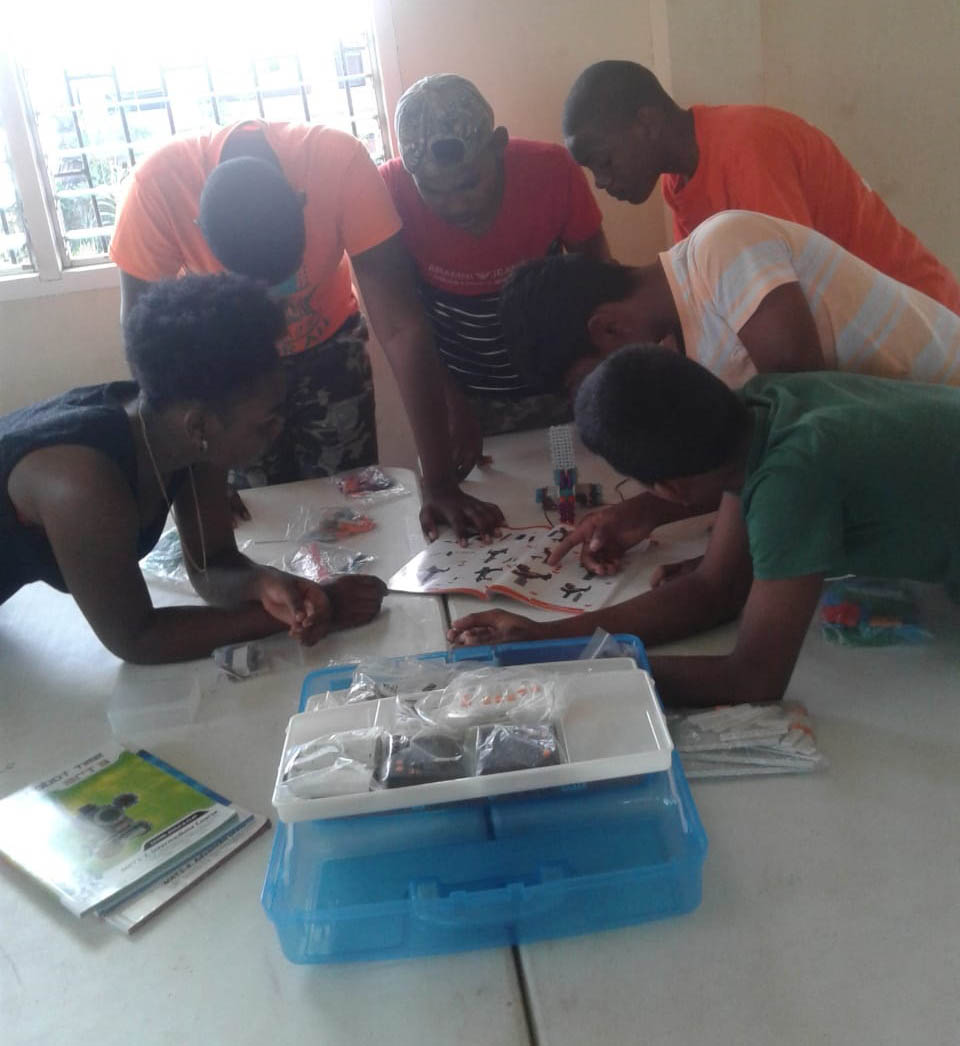It is generally accepted that the trajectory of our schools’ curriculum still requires more than just a bit of ‘tweaking’ to better prepare it to meet the developmental challenges of the twenty-first century. It is, one might think, now better understood that the concept of curriculum change – curriculum re-shaping may be a more appropriate expression – has become a matter of particular urgency, the long-awaited emergence of oil and gas as developmental assets and the advent of concept of the ‘green economy’ seemingly bending the national curriculum in the direction of technological thrust whilst retaining those high-value aspects of our conventional curriculum that have served us well.
Acronyms like STEM (Science, Technology and Maths) and the discipline of Robotics are, these days, shedding their sense of mystery as academics, development specialists and entrepreneurs alike begin to better understand the nexus between the relevance of disciplines and the country’s development path.
“It really is a matter of the key players in the development of our country understanding the terms like STEM and Robotics are not simply attractive-sounding catchwords and phrases, but critical tools for our country’s development,” says Karen Abrams, a one-time national basketball player, holder of an MBA degree and one of the founders of STEM Guyana, the organization currently leading the charge in the direction of infusing what she calls “a sense of relevant newness” into the national curriculum.

